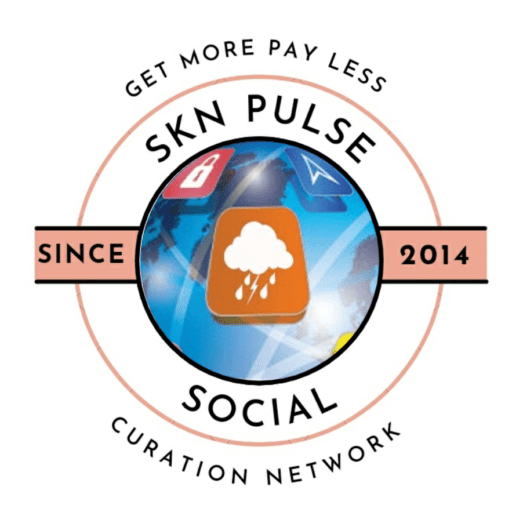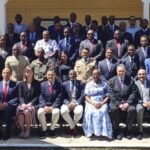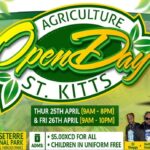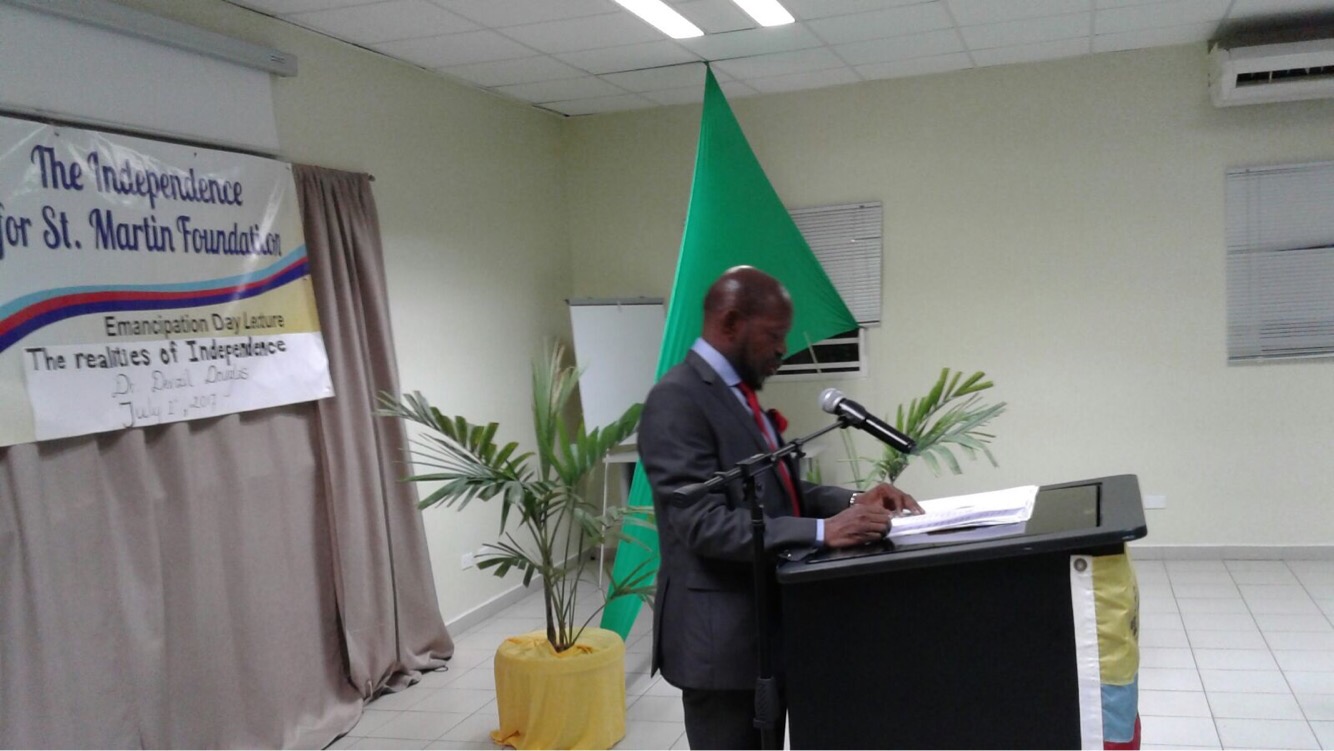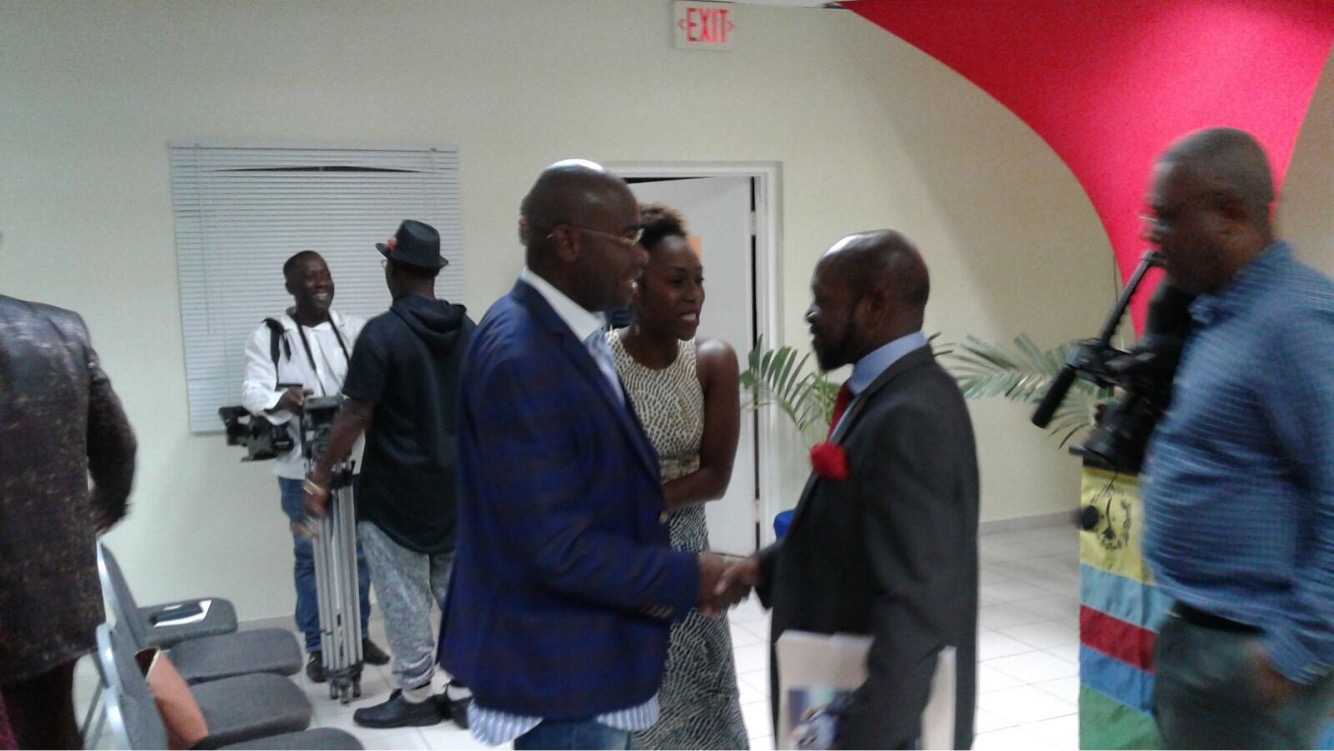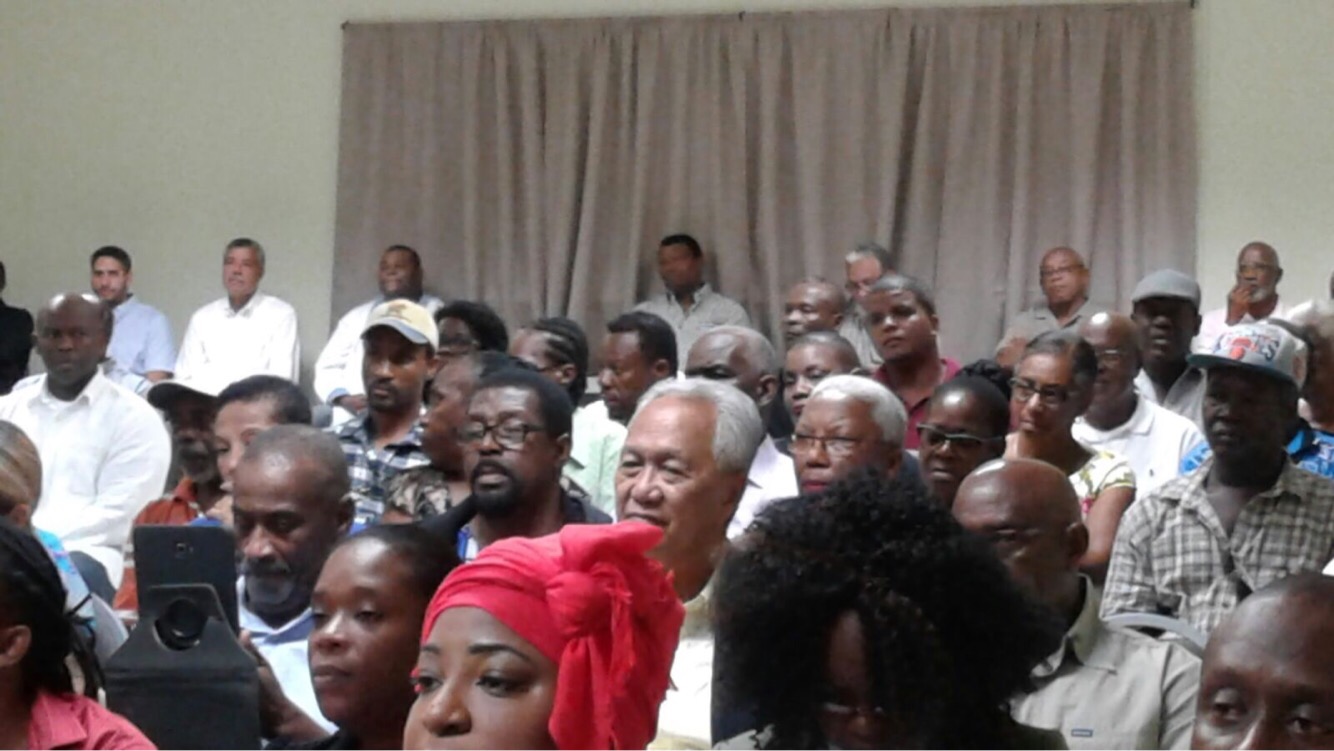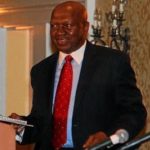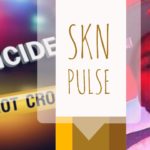By: E. Williams
BASSETERRE, ST. KITTS, JULY 3RD 2017 – Former Prime Minister of St. Kitts and Nevis, the Rt. Hon. Dr. Denzil L. Douglas told The Independence for St. Martin Foundation, communication and public outreach must be a leading priority between now and the holding of a referendum on full independence.
“It is absolutely essential that you use every means at your disposal to explain to the public why you are advocating independence; the ways in which political independence would be superior to the current governance structure; the challenges that one could and should expect in the event that political independence is indeed attained; and how you would go about meeting these challenges,” Dr. Douglas told a packed audience, comprised Government ministers, parliamentarians, youths and persons from all walks of life at the University of St. Martin Lecture Room on Saturday, celebrated as Emancipation Day.
He noted that in addition to making those points to the public, the Foundation must “listen, ask questions of its own, become fully engaged with the public, leaving no stone unturned, and no person ignored and then listen some more.”
“Your having been able to elect your own legislature, and your having had the experience of managing the internal affairs of the territory would be a plus under any circumstance, but it is particularly important to have had this experience in light of current efforts to achieve political independence,” he told a captive audience.
The four-term prime minister underscored the importance of having an economic and financial-management team of the highest calibre possible.
“The first, of course, is a high level of expertise in the complexities of economic and financial analysis and management. Equally important, however, both as a complement to this financial expertise, as well as, in some ways, as a counterweight, there must be a keen understanding of how financial and economic policies affect people, human beings. A visionary leadership team must be able to more than analyze financial statements and economic projections. Politics is, at the end of the day, about positively affecting the life chances of human-beings, shifting life chances upward. And so, both ends of this policy spectrum – the human and the financial – must be seriously, competently, and responsibly attended to,” he said.
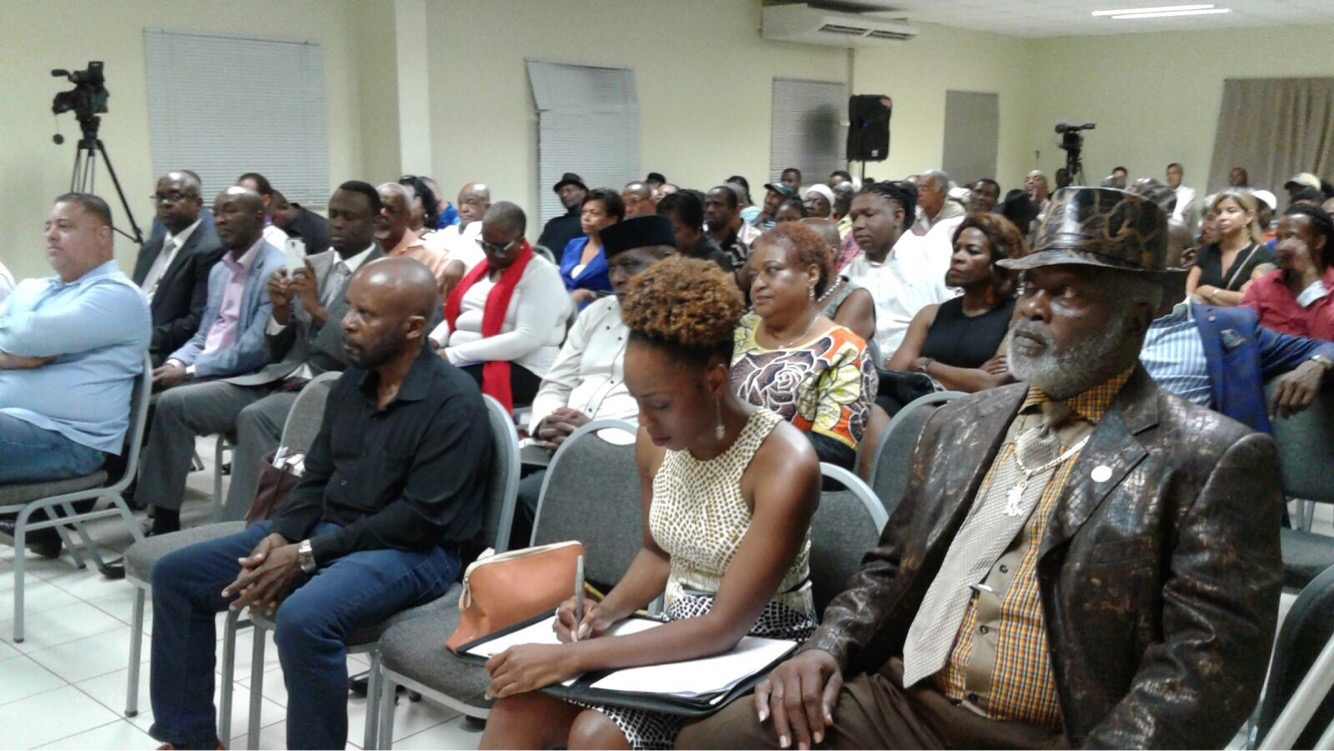
Dr. Douglas also it was vital to undertake an in-depth analysis of the areas of comparative advantage, and to emphasize those areas of economic development that will be particularly competitive.
“Once the areas of comparative advantage have been determined, as you know, the need for highly skilled, highly focused and competent leadership will be key. The rigors of operating in this increasingly globalized world are becoming not less onerous, but more so,” said Dr. Douglas, whose presentation was punctured by numerous applause.
He said that as the people of St. Maarten look toward independence, “one of your best lines of defense will always be highly trained, highly focused leaders and technocrats who understand that their primary responsibility is to protect and enhance the social, economic, and political well-being of this land and its people.”
On the issue of security, Dr. Douglas stressed that national security must have an essentially two-pronged approach.
He said to that companies must be persuaded to provide apprenticeship programmes to young people.
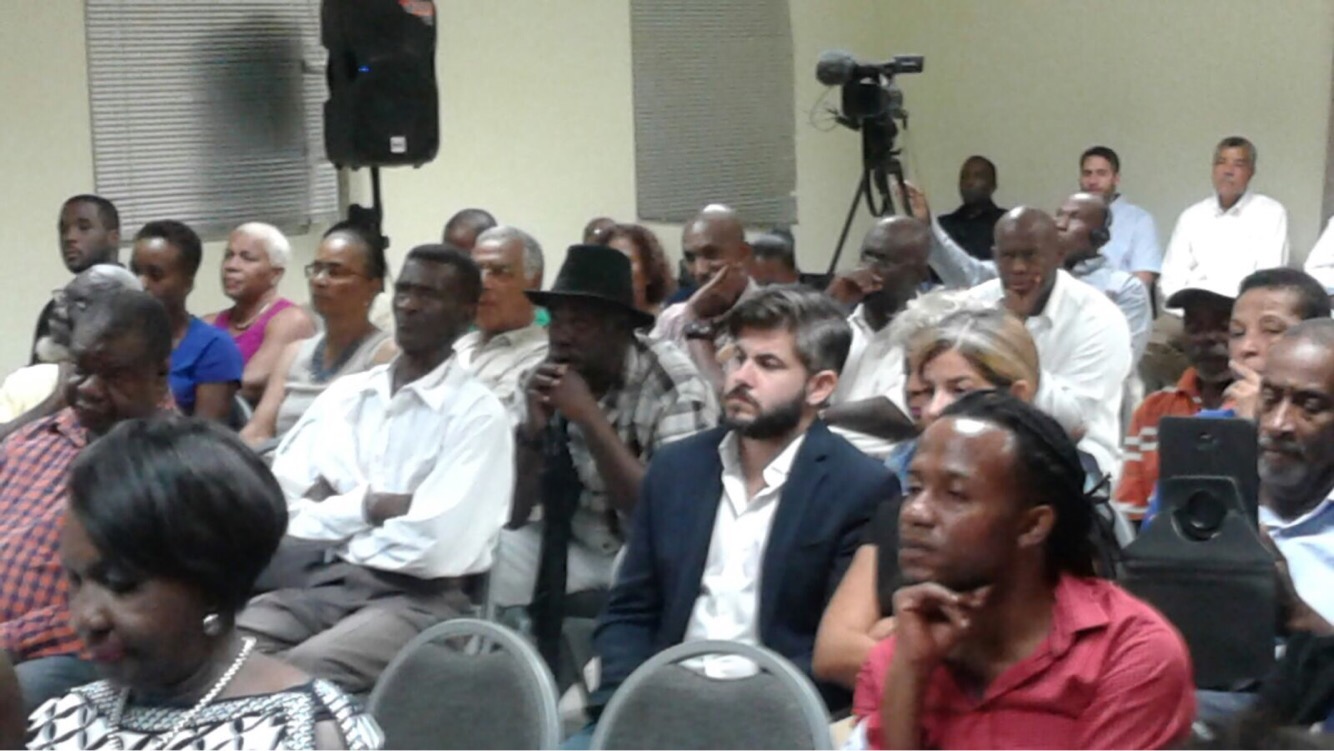
“To the extent that you can secure the funding to push skills training among your youth so that instead of forever hoping for a job, they will be able to push forward as self-employed mechanics, air-conditioning specialists, computer specialists, electricians, plumbers, and so on. Those who wish to pursue an academic path should be encouraged to do so, of course, but for those who do not let us remember that the occupations just mentioned by me are solid, income-generating areas of endeavour on which highly secure lives can be built in which practitioners can find financial independence which equip practitioners of take care of themselves and their families,” he suggested.
Commenting on the issue of fiscal policy he asked: “Will you pursue the path of an income based system of taxation? Or will your tax be based on expenditures – as in a sale tax. Will you raise revenues based on ownership – as in property tax? Or will there be some combination of these options? On this very important issue which has such far-reaching implications for the character of the society you wish to build, I will end where I began – by advocating an extensive and in-depth conversation with the people of St. Maarten, I would recommend territory-wide town halls in which proponents of diametrically opposed views on this matter present their perspectives to the public in order that the people of St. Maarten could fully understand the implications of the alternate paths before them, and then, on an informed basis, as one people, chart their path forward.”
“A referendum on independence will be one more step in your journey of travails – and triumphs – as a people. And whatever you decide, in St. Kitts and Nevis, you have a friend. May the will of the people be registered. May the will of the people be heard. May the will of the people stand,” Dr. Douglas concluded.
